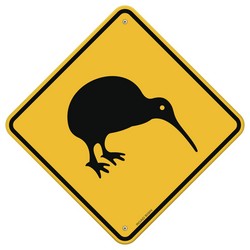Research and innovation cooperation with New Zealand
The EU fosters research relationships with a variety of non-European countries, such as New Zealand. With the support of EU funding, the FRIENZ(opens in new window) (Facilitating research and innovation cooperation between Europe and New Zealand) project built upon the work of two previous BILAT projects, furthering the development of research and innovation partnerships among New Zealand, the EU and individual Member States. Specifically, the project improved framework conditions that favour such collaboration. It supported Joint Science and Technology Cooperation Committee (JSTCC) and policy-level initiatives by involving a New Zealand government department as a partner. The work, including study tours, provided evidence supporting development and implementation of the JSTCC roadmap. The project also successfully built high-level relationships via the establishment of four SCPs. Sector managers have been liaising within the sectors concerning EU opportunities while also fostering the European research of key individuals. The SCPs underwent training and led study tours to Europe, and are planning reciprocal visits. To address programme development, the consortium developed a communication plan to inform European and New Zealand research communities about collaboration opportunities. The project continued policy support for several instruments enabling reciprocal funding for European Commission schemes through Horizon 2020, which has led to strengthening scientific cooperation. Outcomes include information days in New Zealand and guidance for New Zealand researchers to raise awareness of and engagement in EU programmes. This also led to stronger EU participation in New Zealand programmes. In particular, FRIENZ led to strong partnerships between the EU and New Zealand in areas concerning funding, innovation, research, mobility and policymaking. Strategic alliances were enhanced through 16 study tours that linked 91 important players in research and innovation from both hemispheres. Beyond forming strategic research relationships between the EU and New Zealand, the project fostered knowledge sharing, JSTCC discussions and roadmaps, and increased use of existing research mobility programmes.



